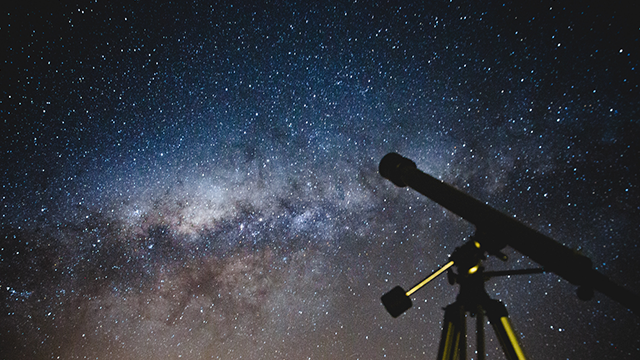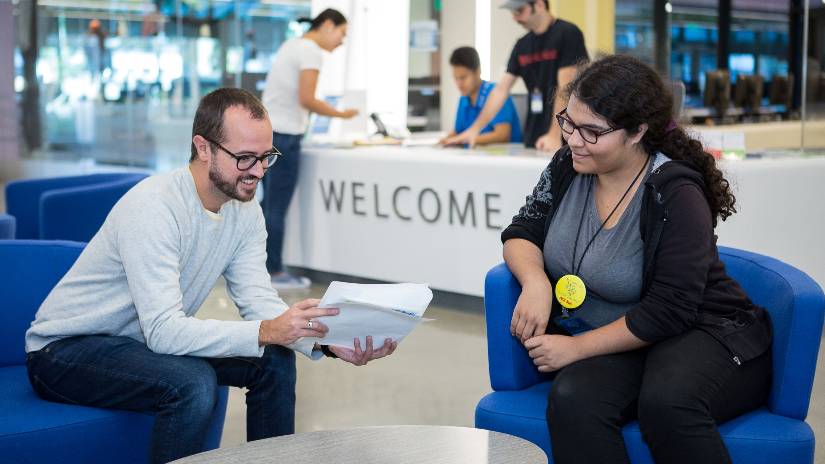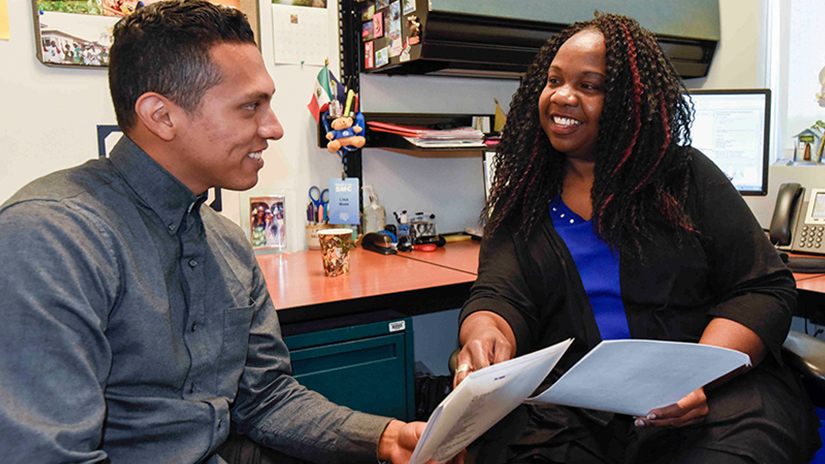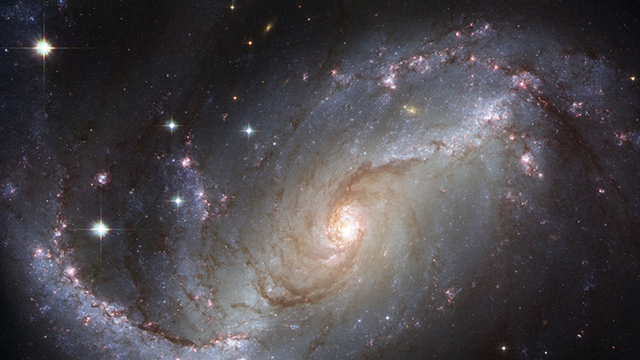About the Astronomy Program
Astronomers study the solar system, stars, galaxies, and space using principles of physics and mathematics. Their work adds to the basic scientific knowledge about the nature of the Universe. Astronomers study planets, stars, novas, and colliding gases between stars in an attempt to determine how they were formed, what they are made of, and how they change. This field of science also leads to a better understanding of the Earth and its ecosystem.
Apply Now See an Academic Counselor
Program Paths

Transfer Preparation
Many colleges and universities offer baccalaureate degrees in this field. Students planning to transfer to a four-year college or university need to know which courses completed at Santa Monica College will be accepted at the specific college/university. Please consult a Counselor. SMC has transfer articulation agreements with the many UC and CSU campuses, as well as many private and out-of-state institutions.
Resources

Student Resources
We know college isn't always easy. We are here to help as you navigate through your SMC journey. This resource connects to information about Financial Aid, Tutoring Services, the Center for Wellness and Wellbeing and much more!

Transfers
Astronomy is a career education program that does not directly lead to transfer. Students planning to transfer should talk immediately with an Academic Counselor to discuss what SMC courses will help you transfer.

Career Opportunities
Our Astronomy program is designed to have students' career ready. Consider scheduling an appointment with a career advisor with knowledge of the Astronomy profession to discuss internship and jobs as well as steps you can take to become job ready.



